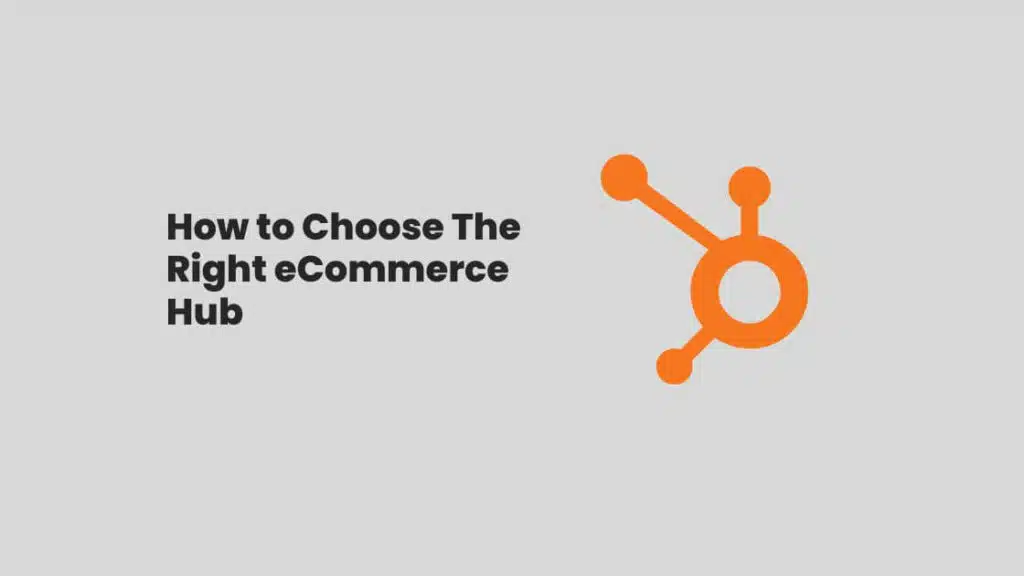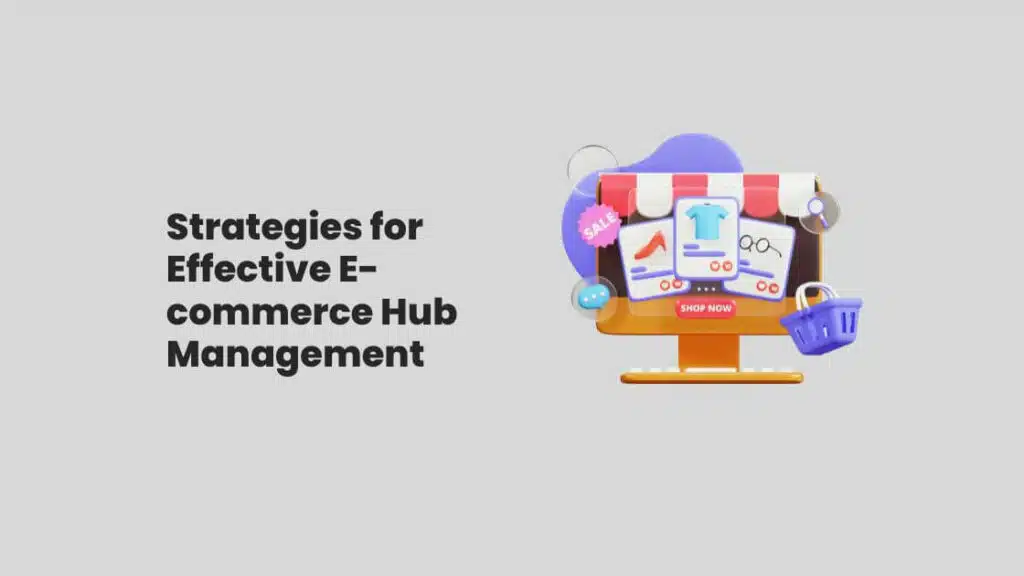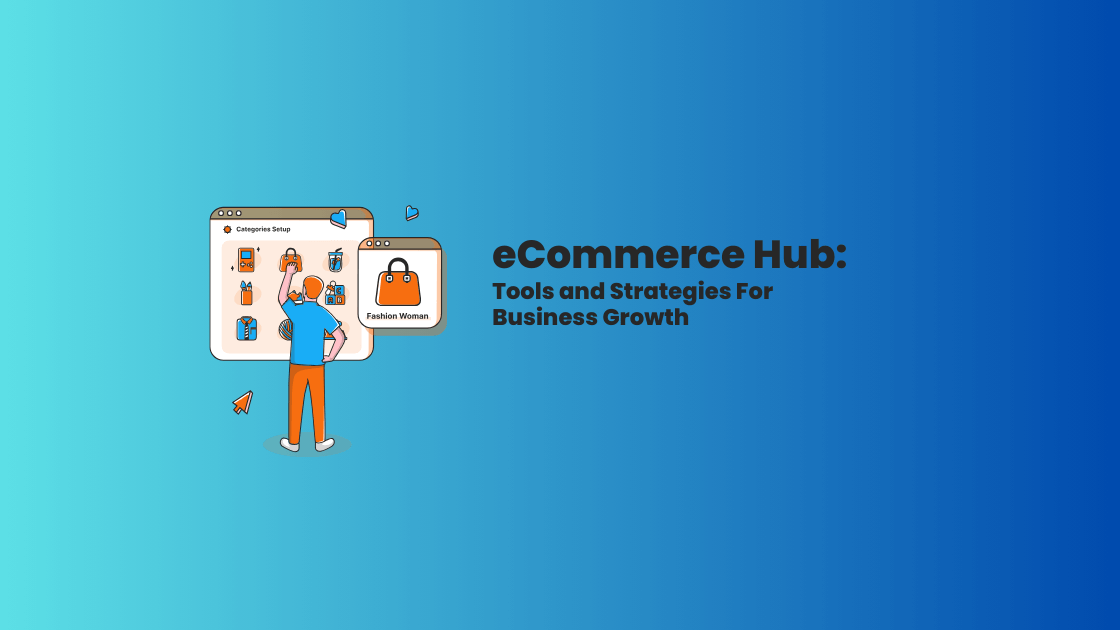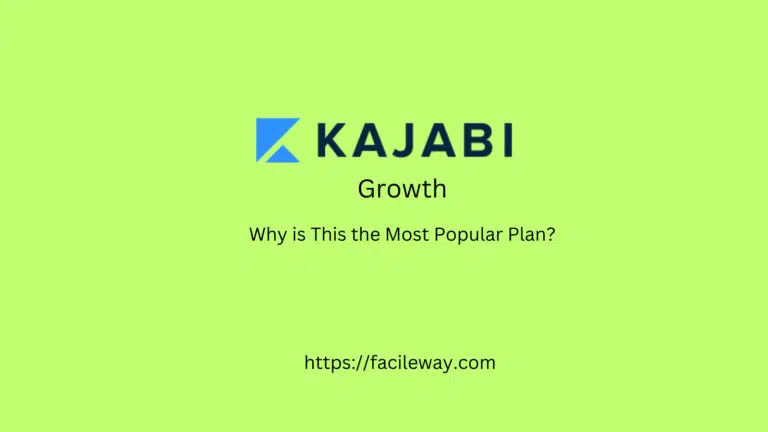eCommerce hub: Tools and Strategies For Business Growth
Do wanna learn about eCommerce Hub and which are essential tools and strategies you should try for your business growth?
You are at the right place!
eCommerce Marketing Strategies is the best way to deal with opportunities where every click holds the potential for business growth.
According to Statista, the e-commerce market revenue is expected to skyrocket to an astonishing US$3,099.00 billion by 2023. That’s not just numbers; it’s a tidal wave of innovation and commerce shaping our online world!
In this article, we’re going to discuss eCommerce hubs and how these tools can help you streamline your business growth.
What is an e-commerce Hub?

An eCommerce Hub is like a control centre tailor-made for business owners running their shops online.
It’s the go-to place where all the magic happens. You can use it to manage everything Like keeping track of invoices, products and customers.
The eCommerce Hub becomes their trusted ally when a business owner is ready to dive into the eCommerce world
Options like Shopify, Magento, WooCommerce and HubSpot act as the stars in this eCommerce galaxy. Shopify shines with its user-friendly approach and a bunch of apps to supercharge your online shop.
In a nutshell, an eCommerce Hub is a must-have for online business operations. It’s the tool that keeps things running smoothly, making life easier for eCommerce experts and newbies alike, and helping them build, grow, and succeed in the digital marketplace.
Key Components of an E-commerce Hub

An E-commerce hub requires a robust infrastructure to support the seamless online shopping experience. This includes hosting servers, reliable network connections, and scalable storage solutions to handle high volumes of traffic and transactions.
The software used should include a user-friendly interface that allows for easy navigation, product browsing, and efficient checkout processes.
It’s crucial to have integrations with various platforms and tools such as CRM systems, marketing automation, and customer support software to streamline operations and provide a holistic customer experience.
A secure payment gateway is essential to protect sensitive customer information and facilitate safe and convenient transactions. It should be compliant with industry standards and offer multiple payment options to cater to different customer preferences.
Additionally, a robust inventory management system is necessary to track product availability, manage stock levels, and enable efficient order fulfilment.
This ensures that customers have access to accurate and up-to-date product information, leading to enhanced trust and satisfaction.
Choosing the Right E-commerce Hub

Selecting the perfect eCommerce platform is like choosing the ultimate toolbox for your online store, especially when you consider all the eCommerce software options available.
You want a solution that’s not just a mere eCommerce model but a full-fledged eCommerce Hub module, streamlining your eCommerce operations and helping your eCommerce business thrive in the ever-evolving eCommerce industry.
Imagine this platform as your business systems’ backbone, managing your eCommerce operations effortlessly. It’s more than just a basic business model; it’s your ticket to success in the bustling eCommerce space.
In the expansive eCommerce industry, various eCommerce platforms exist for different business sizes and requirements.
You have the user-friendly Shopify, the adaptable WooCommerce, the feature-rich BigCommerce, the powerful yet complex Magento, and the visually appealing Squarespace.
However, amidst these choices, there’s an e-commerce Hub like HubSpot that stands out, providing comprehensive e-commerce solutions seamlessly integrated with its robust business modules.
It’s your guide through the maze of eCommerce tools, ensuring your eCommerce strategies are not just on point but effective in boosting your eCommerce business.
So, when choosing an eCommerce platform, look beyond the standard offerings. Seek an eCommerce Hub that not only supports your current business but also aligns with your eCommerce model’s future growth and success.
After all, it’s not just about picking any business; it’s about selecting the right partner for your eCommerce journey.
Strategies for Effective E-commerce Hub Management

To effectively manage an E-commerce Hub, it is essential to combine business consulting and services with a guide to e-commerce marketing strategies.
Business consulting can help assess the overall operations, improve processes, and enhance the overall performance of the E-commerce Hub.
Services such as website development, digital marketing, and customer service can also be leveraged to ensure a smooth and successful e-commerce operation.
Utilizing platforms like Fiverr can enhance e-commerce management by providing access to a pool of talented freelancers and agencies with expertise in various areas like web development, digital marketing, and customer service.
Leveraging the skills and experience of these freelancers and agencies can help E-commerce Hub execute strategies effectively and efficiently.
E-commerce marketing strategies are crucial for reaching the target audience, driving sales, and increasing brand visibility.
Utilizing a combination of SEO, social media marketing, email marketing, and influencer partnerships can help E-commerce Hub attract and retain customers.
By combining business consulting and services with the guide to e-commerce marketing strategies, and leveraging platforms like Upwork, E-commerce Hub can effectively manage and grow its e-commerce business.
Case Studies and Success Stories
The implementation of a customer relationship management (CRM) system by Salesforce at Coca-Cola is a great example of a successful implementation.
Coca-Cola faced challenges in managing their vast customer base and keeping track of their interactions.
Salesforce provided a tailored CRM solution, allowing Coca-Cola to track customer data, communication, and purchasing habits in one centralized platform.
This enabled Coca-Cola to personalize its marketing efforts and improve customer retention. The outcome was increased customer satisfaction and a significant boost in sales.
Another success story is the implementation of lean manufacturing principles at Toyota. Toyota faced challenges in production efficiency and waste reduction.
By implementing lean manufacturing, Toyota was able to streamline its production process, reduce waste, and improve overall efficiency. This led to cost savings, faster production times, and higher-quality products.
Frequently Asked Questions Related to eCommerce Hub
Here are some FAQs that may arise in your mind after reading this article:
1. What is HubSpot Commerce?
HubSpot Commerce is a combination of marketing, sales, customer service, and CRM tools that helps to build and manage online stores efficiently.
2. How does HubSpot Commerce impact SEO for online stores?
HubSpot Commerce offers SEO-friendly features such as customizable meta titles, descriptions, and URLs that help optimize product pages and content for search engines.
3. Which eCommerce Platform is the Best for SEO?
HubSpot Commerce stands as the best for SEO optimization among eCommerce platforms. It offers built-in SEO tools, mobile-responsive design, and integration capabilities with marketing tools that help in online visibility and search engine rankings.
4. Is HubSpot Good for the Shopify Store?
HubSpot is a good fit for the Shopify store. Because it improves marketing automation, CRM, and analytics, enhancing overall functionalities.
5. Is e-commerce good for small business?
Yes, eCommerce is good for small businesses. It offers global reach and lower operational costs that help to access a broader audience and operate with reduced expenses compared to traditional storefronts.
Conclusion
The importance of a robust and versatile e-commerce hub cannot be overstated in the age of electronic commerce.
The significance of seamless integration within this ecosystem helps to provide a centralized platform to explore the potential of modern commerce in the dynamic online marketplace.
Business models like dropshipping have revolutionized the eCommerce game, offering new opportunities for ventures, often without the need for a business license.
However, aligning with reputable business software providers, especially those offering advanced features, becomes crucial for sustainable growth and thriving in the ecosystem of eCommerce business opportunities.
The Commerce Hub’s Invoices and flexible payment processing through platforms like HubSpot Payments streamline transactions, facilitating delightful customer experiences.
Moreover, employing customer journey mapping and effective customer onboarding strategies enhances Customer-to-Business interaction, fostering long-term relationships.
Amidst this dynamic environment, HubSpot Commerce Hub emerges as a powerful solution, offering advanced features, seamless integration, and a comprehensive ecosystem for business opportunities.
Its emphasis on delightful customer experiences, flexible payment processing, and its ability to adapt to the ever-changing needs of modern commerce make it a compelling choice for businesses aiming to thrive in the digital marketplace.
I hope now you know what is e-commerce hub and how it works and which tools can streamline your e-commerce activity.
Please feel free to comment below if you have anything to ask and share on your social media to let your friends know more about eCommerce resources and the complexities of commerce operations.







